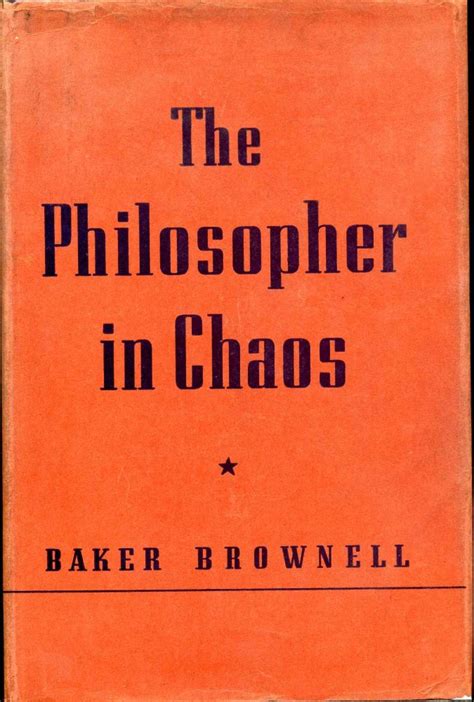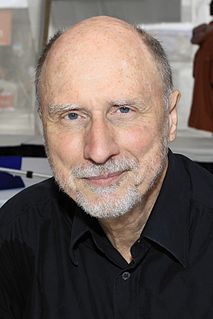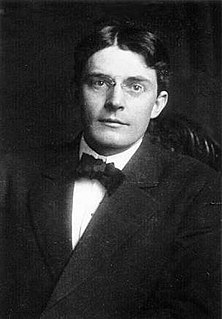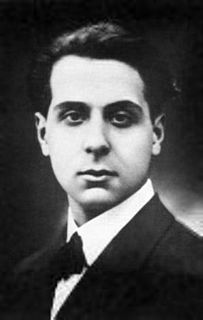A Quote by Russell Kirk
The aim of great books is ethical: to teach what it means to be a man. Every major form of literary art has taken for its deeper themes what T.S. Eliot called "the permanent things"-the norms of human action.
Related Quotes
Art arises in those strange complexities of action that are called human beings. It is a kind of human behavior. As such it is not magic, except as human beings are magical. Nor is it concerned in absolutes, eternities, "forms," beyond those that may reside in the context of the human being and be subject to his vicissitudes. Art is not an inner state of consciousness, whatever that may mean. Neither is it essentially a supreme form of communication. Art is human behavior, and its values are contained in human behavior.
Every human action gains in honor, in grace, in all true magnificence, by its regard to things that are to come. It is the far sight, the quiet and confident patience, that, above all other attributes, separate man from man, and near him to his Maker; and there is no action nor art, whose majesty we may not measure by this test.
In Red Flags, Juris Jurjevics has brilliantly accomplished a feat that is becoming a major characteristic of 21st century literature: the seamless combining of a genre form with the deep resonance of literary art. This book is thrilling to read for both its narrative drive and its insight into the human heart.
In fact I don't think of literature, or music, or any art form as having a nationality. Where you're born is simply an accident of fate. I don't see why I shouldn't be more interested in say, Dickens, than in an author from Barcelona simply because I wasn't born in the UK. I do not have an ethno-centric view of things, much less of literature. Books hold no passports. There's only one true literary tradition: the human.
The first aim of a good college is not to teach books, but the meaning and purpose of life. Hard study and the learning of books are only a means to this end. We develop power and courage and determination and we go out to achieve Truth, Wisdom and Justice. If we do not come to this, the cost of schooling is wasted.
Art is not and never has been subordinate to moral values. Moral values are social values; aesthetic values are human values. Morality seeks to restrain the feelings; art seeks to define them by externalizing them, by giving them significant form. Morality has only one aim - the ideal good; art has quite another aim - the objective truth... art never changes.
Feminist art is not some tiny creek running off the great river of real art. It is not some crack in an otherwise flawless stone. It is, quite spectacularly I think, art which is not based on the subjugation of one half of the species. It is art which will take the great human themes -love, death, heroism, suffering, history itself -and render them fully human. It may also, though perhaps our imaginations are so mutilated now that we are incapable even of the ambition, introduce a new theme, one as great and as rich as those others -should we call it joy?






































